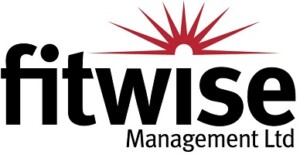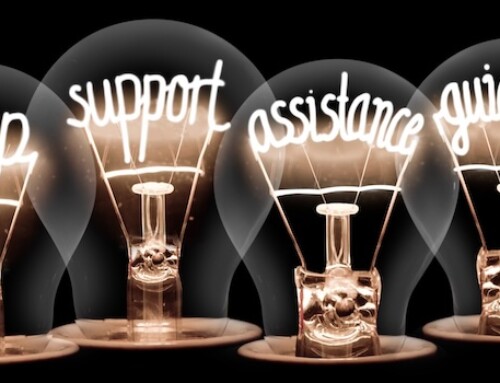As membership bodies it is important to work in a sustainable manner, to look across all of your organisation’s activity and look at how things can be done with more awareness to the impact of this activity on the planet.
Events often form a key role in the yearly output of membership organisations and associations. They are a brilliant way of engaging with the membership. They provide tangible benefits, and create the time and space for vital education and networking.
During COVID, as it was the only viable option, a lot of this education moved online. Now we see a strong trend in this education reverting to in-person, with the recognition of the unique value that this in-person education provides.
Following COP26, where many organisations signed up to the “Net Zero Carbon Events” pledge, the focus is now on looking at how these events can be run more sustainably.
Net zero events can be achieved by a dual approach.
- The first thing to do is to analyse the event activity, and create behavioral change that will result in a reduction of emissions at the event.
- The second part is to calculate the carbon footprint of the final event. By utilising an offset programme you can then compensate for the emissions by funding equivalent carbon dioxide saving measures elsewhere in the world.
These steps can be done in conjunction with carbon consultants, who are very experienced at helping organisations through this complex process.
Case Study: Infection 360
At the end of September 2022, Infection 360 was run in Birmingham. This inaugural 2-day event featured renowned speakers within infection prevention who discussed technology and its part in combatting new and existing pathogens. In conjunction with a carbon consultant, Infection 360 was run as a net zero carbon emissions event.
- How carbon emissions were reduced: Some of the changes that were made at Infection 360 included; moving to a largely vegan lunch menu (which helped reduce the footprint of the event by 81%), utilising virtual delegate bags, and choosing for international speakers to join virtually.
- How the carbon emissions were offset: Following Infection 360 a questionnaire was sent to all attendees to capture travel information, which, in conjunction with a thorough analysis of the event, helped determine the emissions generated. It cost £441 to offset the carbon footprint for Infection 360, thus ensuring that the event was net carbon zero emissions.
Fitwise is an award-winning Professional Conference Organiser (PCO) and association management company with over 30 years experience.










Leave A Comment